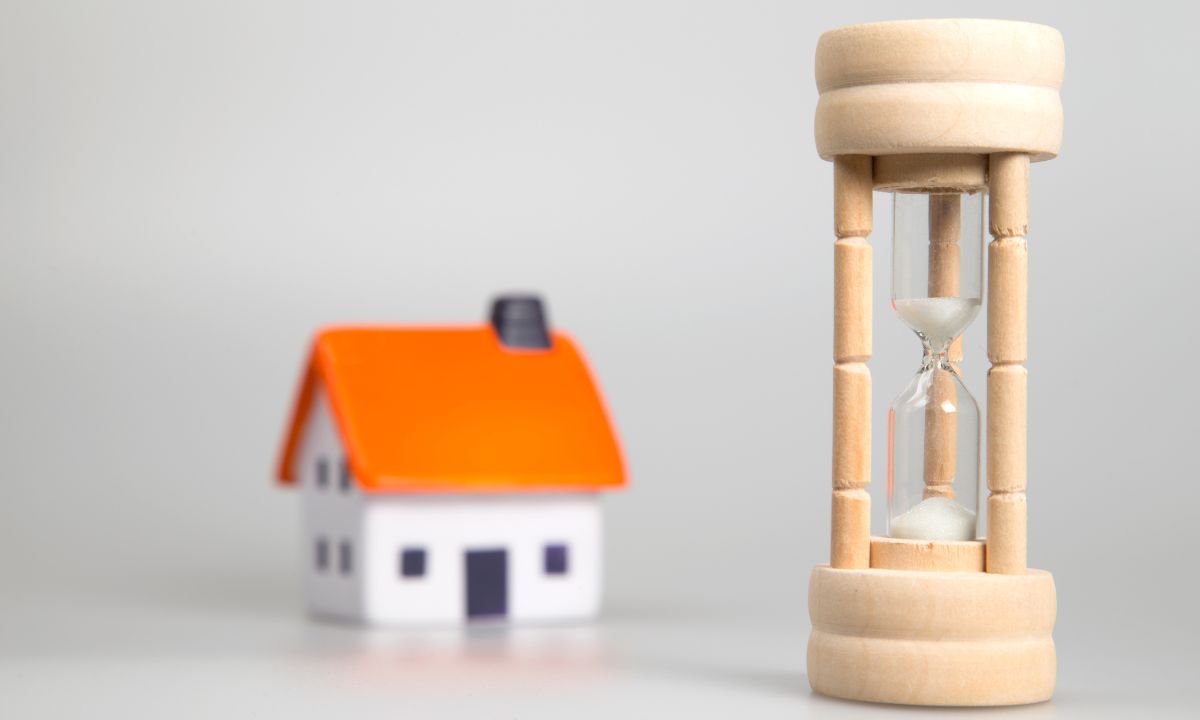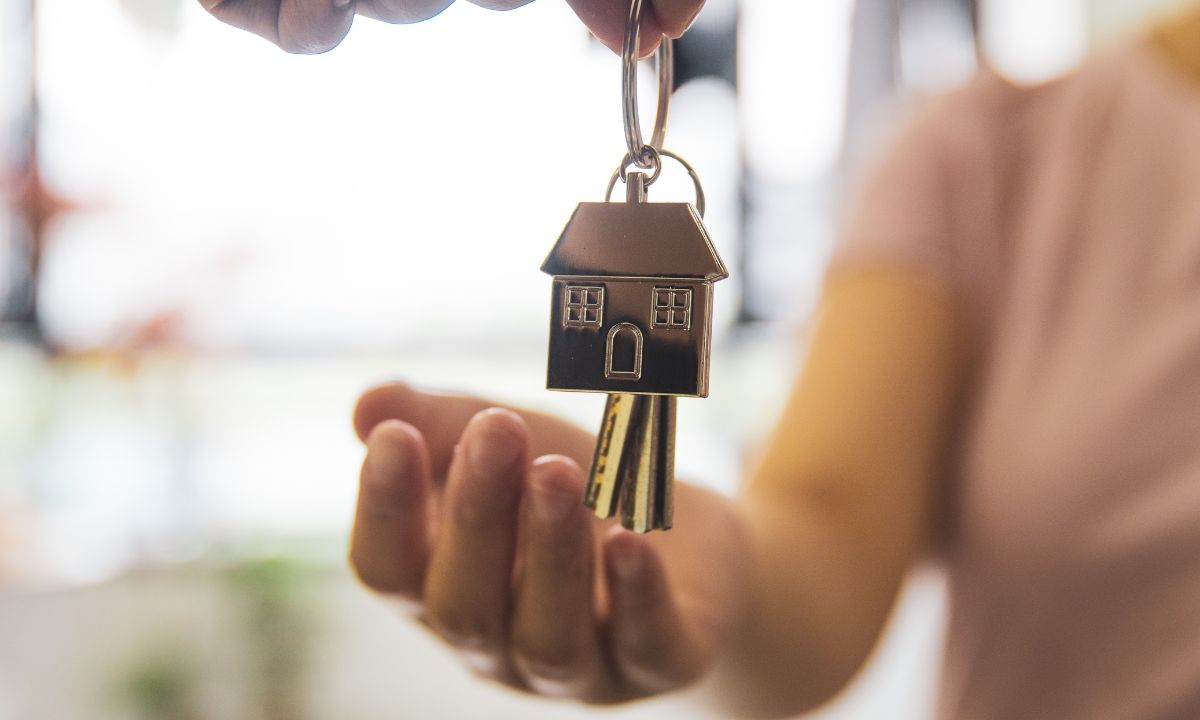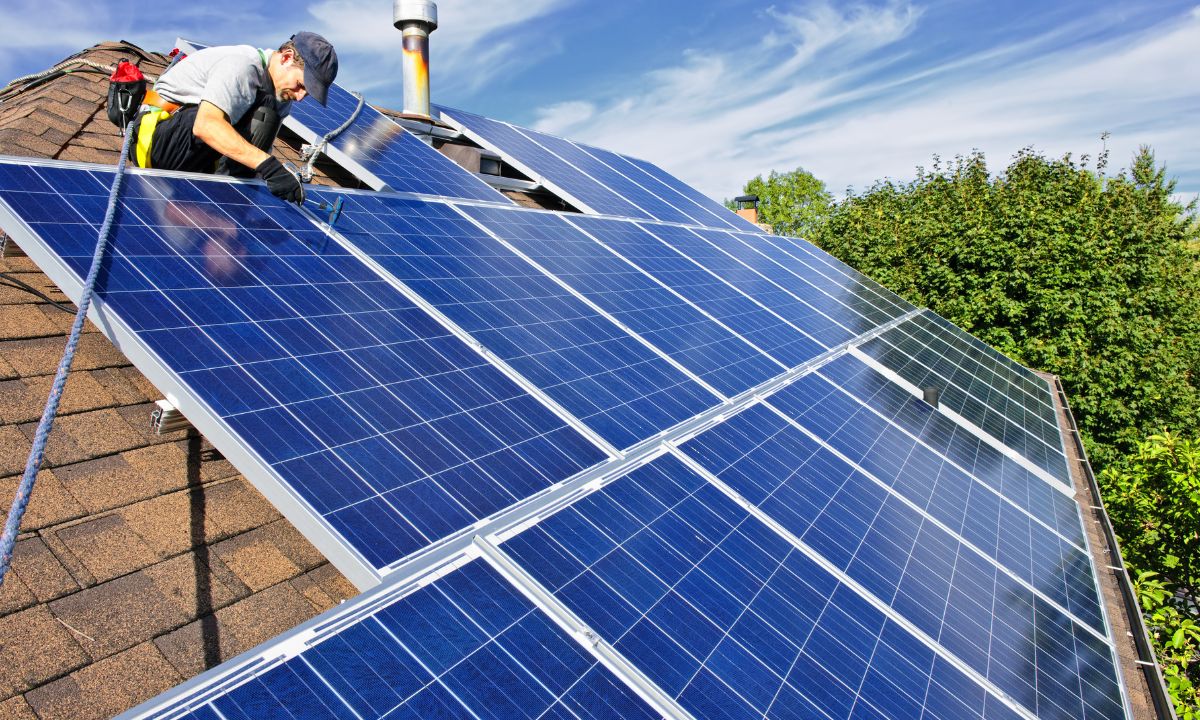 When it comes to real estate, one of the most common questions is, “When is the right time to buy?” Many potential homebuyers and investors spend a lot of energy trying to time the market, hoping to buy at the lowest possible price and sell at the highest. However, the reality is that predicting the perfect moment is nearly impossible. Instead, a more effective strategy is to focus on time in the market rather than timing the market. Here’s why.
When it comes to real estate, one of the most common questions is, “When is the right time to buy?” Many potential homebuyers and investors spend a lot of energy trying to time the market, hoping to buy at the lowest possible price and sell at the highest. However, the reality is that predicting the perfect moment is nearly impossible. Instead, a more effective strategy is to focus on time in the market rather than timing the market. Here’s why.
1. Market Timing is Unpredictable
The real estate market is influenced by countless factors, including economic conditions, interest rates, and local demand, which can change rapidly and unexpectedly. Even experts can’t consistently predict market highs and lows. By trying to time the market, you risk missing out on opportunities and could end up waiting indefinitely for the “perfect” moment that may never come.
2. Appreciation Over Time
Real estate is generally considered a long-term investment. Over time, property values tend to appreciate, even if there are short-term fluctuations. By entering the market and holding onto your property, you’re more likely to benefit from this gradual increase in value. The longer you own a property, the more likely you are to see significant returns, regardless of the timing of your initial purchase.
3. Building Equity
The sooner you buy a home, the sooner you can start building equity. Every mortgage payment you make contributes to owning a larger portion of your home, increasing your net worth. If you delay buying while trying to time the market, you miss out on the opportunity to build equity. Over time, this equity can be a powerful financial asset, whether you use it for future investments or as a nest egg in retirement.
4. Locking in a Mortgage Rate
Interest rates are a critical factor in determining the affordability of a home. While interest rates fluctuate, they’ve been historically low in recent years. By purchasing now, you can lock in a favorable rate, ensuring lower monthly payments over the life of your loan. Waiting for the market to drop could mean missing out on these low rates, especially if they start to climb.
5. Lifestyle Considerations
Your decision to buy a home should align with your personal and financial goals, not just market conditions. Are you ready to settle down in a specific area? Do you need more space for a growing family? These lifestyle factors are often more important than waiting for a market dip. By focusing on your needs and goals, you’ll be making a decision that’s right for you, regardless of market timing.
6. Opportunity Cost of Waiting
While you’re waiting for the market to hit rock bottom, life continues to move forward. During this waiting period, you could be paying rent, which does not build equity or provide long-term financial benefits. Additionally, you may miss out on the intangible benefits of homeownership, such as stability, personal freedom, and the ability to customize your living space.
Instead of trying to predict the perfect moment to buy, focus on entering the market when you’re financially and personally ready. Over time, your investment in real estate is likely to grow, providing you with long-term value and security. Remember, it’s time in the market, not timing the market, that truly counts.
 As retirement approaches, many people start to rethink their living situation. While the home where you raised your family holds countless memories, it might not be the most practical place to spend your golden years. Downsizing to a smaller home after retirement can make life easier in several ways, offering both financial and lifestyle benefits. Here’s why moving to a smaller home might be the right choice for you.
As retirement approaches, many people start to rethink their living situation. While the home where you raised your family holds countless memories, it might not be the most practical place to spend your golden years. Downsizing to a smaller home after retirement can make life easier in several ways, offering both financial and lifestyle benefits. Here’s why moving to a smaller home might be the right choice for you.

 When buying or selling a home, a crucial step in the process is the home appraisal. It helps determine the property’s fair market value, which can significantly influence financing and negotiation outcomes. Whether you’re a first-time homebuyer or a seasoned seller, understanding the appraisal process is key. Here are seven commonly asked questions about home appraisals to guide you through.
When buying or selling a home, a crucial step in the process is the home appraisal. It helps determine the property’s fair market value, which can significantly influence financing and negotiation outcomes. Whether you’re a first-time homebuyer or a seasoned seller, understanding the appraisal process is key. Here are seven commonly asked questions about home appraisals to guide you through. Owning a pool is a dream for many homeowners, offering a perfect spot for exercise, relaxation, and fun with family and friends. However, it’s essential to understand the costs associated with maintaining a pool before diving into ownership. Pool maintenance is crucial for keeping your water clean, safe, and enjoyable throughout the season. Here’s a breakdown of what you can expect when it comes to pool maintenance costs.
Owning a pool is a dream for many homeowners, offering a perfect spot for exercise, relaxation, and fun with family and friends. However, it’s essential to understand the costs associated with maintaining a pool before diving into ownership. Pool maintenance is crucial for keeping your water clean, safe, and enjoyable throughout the season. Here’s a breakdown of what you can expect when it comes to pool maintenance costs. Home upgrades not only enhance your living experience but can also significantly boost your property’s value. Whether you’re looking to enjoy your home for years to come or planning to put it on the market, certain improvements can offer substantial returns on investment. Here are the top five home upgrades that are proven to increase your home’s value and appeal.
Home upgrades not only enhance your living experience but can also significantly boost your property’s value. Whether you’re looking to enjoy your home for years to come or planning to put it on the market, certain improvements can offer substantial returns on investment. Here are the top five home upgrades that are proven to increase your home’s value and appeal. With the PCE Index data coming in as exactly as expected and the Federal Reserve signaling a strong potential for a rate cut, there is much optimism we will be seeing a rate cut this year if not the start of the next year. Among the PCE inflation data reports were the GDP initial figures, which projected the economy has grown faster than expected. Additionally, Personal Income data has also grown faster than expected. Both are very positive signs with inflation finally showing signs of flagging after in part due to the Federal Reserve’s aggressive monetary policy.
With the PCE Index data coming in as exactly as expected and the Federal Reserve signaling a strong potential for a rate cut, there is much optimism we will be seeing a rate cut this year if not the start of the next year. Among the PCE inflation data reports were the GDP initial figures, which projected the economy has grown faster than expected. Additionally, Personal Income data has also grown faster than expected. Both are very positive signs with inflation finally showing signs of flagging after in part due to the Federal Reserve’s aggressive monetary policy. Labor Day is more than just a day off—it’s a time to honor the hard work and dedication that drives our nation forward. As we enjoy the last days of summer, let’s take a moment to celebrate the achievements of workers everywhere. Whether you’re relaxing with family, firing up the grill, or taking a well-deserved break, remember that this holiday is about recognizing the contributions that make our communities strong.
Labor Day is more than just a day off—it’s a time to honor the hard work and dedication that drives our nation forward. As we enjoy the last days of summer, let’s take a moment to celebrate the achievements of workers everywhere. Whether you’re relaxing with family, firing up the grill, or taking a well-deserved break, remember that this holiday is about recognizing the contributions that make our communities strong. Homes & Real Estate
Homes & Real Estate